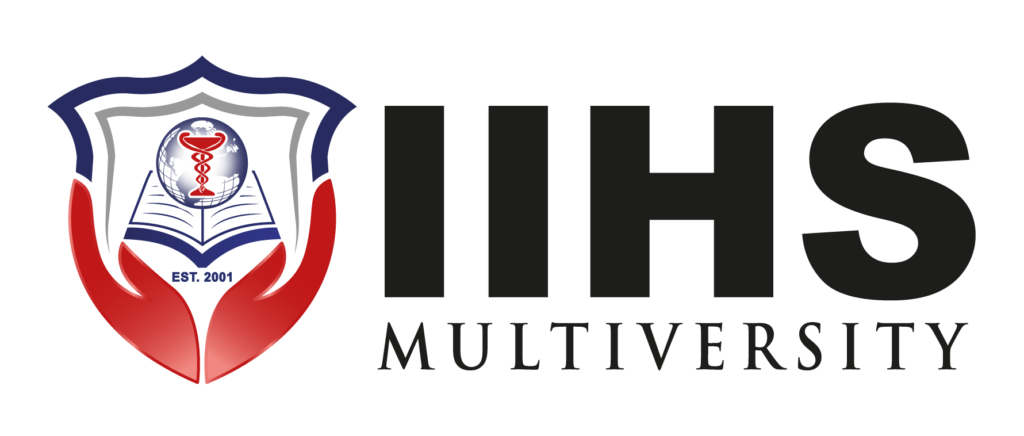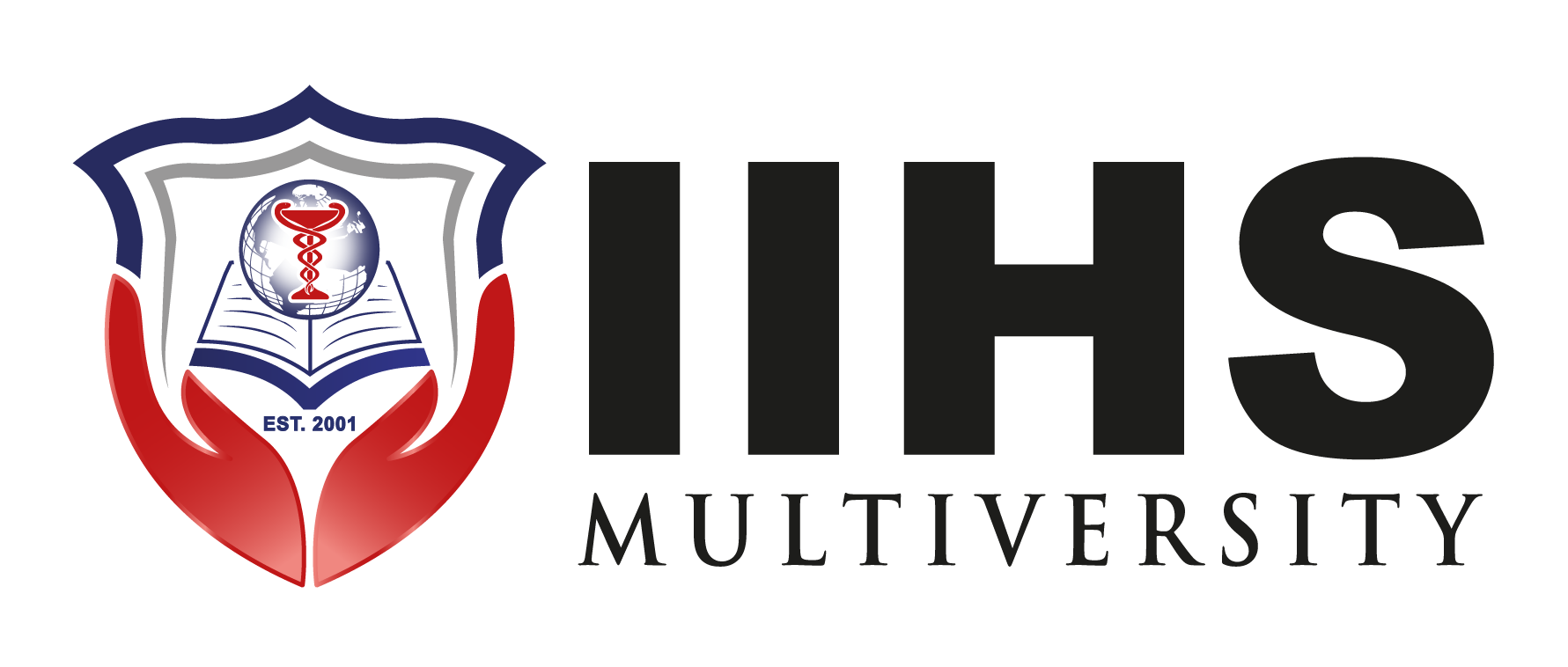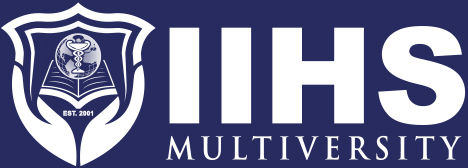April 22, 2024
The Role of Biomedical Scientists in Advancing Medicine and Healthcare
Introduction:
Biomedical scientists are at the forefront of medical research and innovation, driving advancements in medicine and healthcare that improve patient outcomes and enhance quality of life. From uncovering the molecular mechanisms of disease to developing new diagnostic tools and therapies, biomedical scientists play a pivotal role in shaping the future of healthcare. In this blog post, we’ll explore the essential contributions of biomedical scientists to advancing medicine and healthcare.
1. Conducting Groundbreaking Research:
Biomedical scientists conduct groundbreaking research to expand our understanding of human health and disease. Through laboratory experiments, clinical trials, and epidemiological studies, they investigate the underlying causes of diseases, identify biomarkers for early detection, and discover novel therapeutic targets. Their research forms the foundation for developing new treatments, diagnostics, and preventive strategies that benefit patients worldwide.
2. Translating Research into Clinical Practice:
Biomedical scientists play a critical role in translating research findings into clinical practice, bridging the gap between bench and bedside. They collaborate with clinicians, pharmacologists, and other healthcare professionals to design and implement clinical trials, evaluate the safety and efficacy of new drugs and therapies, and develop evidence-based guidelines for patient care. By bringing cutting-edge discoveries from the laboratory to the clinic, biomedical scientists help improve patient outcomes and advance medical treatment options.
3. Developing Innovative Diagnostics and Therapies:
Biomedical scientists are instrumental in developing innovative diagnostics and therapies that revolutionize patient care. They design and validate diagnostic tests for detecting diseases early, monitoring treatment response, and predicting patient prognosis. Additionally, they contribute to the development of new drugs, biologics, and medical devices, conducting preclinical studies to assess safety and efficacy and guiding regulatory approval processes. Their efforts lead to the discovery of life-saving treatments and interventions that address unmet medical needs and improve patient quality of life.
4. Advancing Precision Medicine and Personalized Healthcare:
Biomedical scientists are at the forefront of precision medicine, an approach that tailors medical treatment to individual patients based on their genetic makeup, lifestyle, and environmental factors. By integrating molecular biology, genomics, and bioinformatics, they identify biomarkers and genetic variants associated with disease susceptibility and treatment response, enabling more targeted and personalized healthcare interventions. Precision medicine holds the promise of optimizing treatment outcomes, minimizing adverse effects, and improving patient satisfaction and adherence.
5. Educating the Next Generation of Scientists and Healthcare Professionals:
Biomedical scientists play a crucial role in educating and mentoring the next generation of scientists and healthcare professionals. They teach undergraduate and graduate students in academic institutions, supervise research projects and dissertations, and provide hands-on training in laboratory techniques and research methodologies. Additionally, they serve as role models and mentors, inspiring students to pursue careers in biomedical research and fostering a culture of scientific inquiry, collaboration, and innovation.
Conclusion:
In conclusion, biomedical scientists are indispensable contributors to advancing medicine and healthcare. Through their pioneering research, translation of discoveries into clinical practice, development of innovative diagnostics and therapies, advancement of precision medicine, and education of future generations, biomedical scientists drive progress and innovation in healthcare. Their dedication, expertise, and passion for improving patient outcomes make them valuable allies in the fight against disease and the quest for better health for all.


